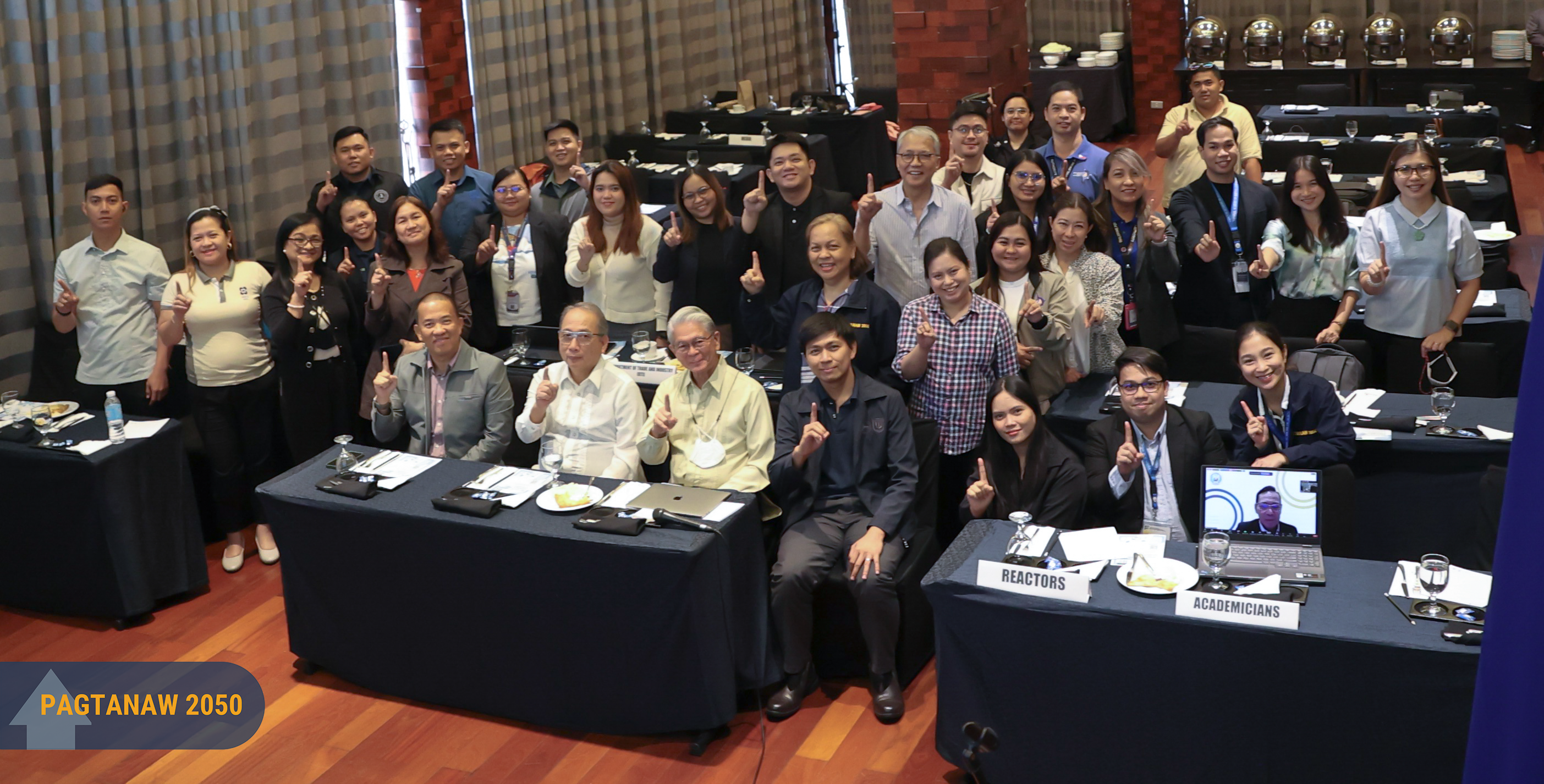Alabang, Muntinlupa – The National Academy of Science and Technology, Philippines (NAST PHL) conducted a hybrid Science Information Forum entitled “Net Zero for Philippine Shipping by 2050: A Possibility?” on 28 February 2024 at the Acacia Hotel Manila, Alabang, Muntinlupa City.
The forum was attended by NAST Members and representatives from the Philippine Navy, the Philippine Coast Guard, the Maritime Industry Authority (MARINA), the Department of Science and Technology (DOST), the Department of Trade and Industry (DTI), the Department of Transportation (DOTr), the Department of Environment and Natural Resources (DENR), and the Philippine Ports Authority.

In his welcome remarks, Academician Jaime C. Montoya, President of the NAST PHL, emphasized the significance of capacitating human resources in the shipping industry and the need to strive for a Philippine fleet that is both economically viable and environmentally sustainable.
Inspired to contribute more to naval architecture and marine engineering, Academician Reynaldo B. Vea presented his research fellowship paper anchored on PAGTANAW 2050 titled “A Marine Transportation System for a Prosperous, Archipelagic, Maritime Nation.” He discussed the 2023 International Maritime Organization (IMO) Strategy for the Reduction of GHG Emissions from Ships and detailed the method for measuring and reducing the carbon intensity indicator (CII) of ships through the use of low-carbon fuel and other measures.
Engineer Gerhart Rd Paiso, a technical expert from the Office of Programs and Standards Development of the Commission on Higher Education (CHED), shared that aside from the carbon dioxide (CO2) emissions, there are other environmental problems such as oil pollution, sewage, and garbage from the ships that must be addressed promptly.
As the group delved deeper into the significance of formulating realistic policies for the Philippine fleet, it was realized that there are certain measures we can start now, one of the most important of which, is the collection of data (type of fuel, fuel consumed, distance traveled, and run-time data) to establish a baseline information about the shipping sector. Furthermore, Academician William G. Padolina emphasized the need to have a real-time monitoring system to be able to immediately provide the needed intervention.
Academician Alvin B. Culaba, Vice President of the NAST PHL, concluded the program and highlighted the shared responsibility to chart a course toward net-zero emissions and safeguarding our oceans and ecosystems for generations to come.
PAGTANAW 2050 is the first DOST-funded inter-disciplinal and trans-disciplinal project on Philippine-focused STI Foresight and Strategic Plan that would impact the aspirations of the Filipino people on or before 2050: A Prosperous, Archipelagic, and Maritime Nation.
For more information about PAGTANAW 2050, you may visit the NAST PHL website at https://bit.ly/PAGTANAW2050STIForesight and social media accounts through Facebook, Instagram, Twitter, and LinkedIn: @pagtanaw2050











